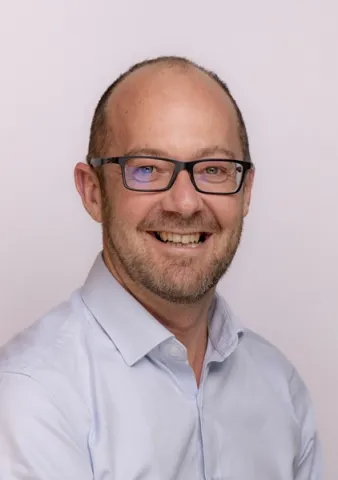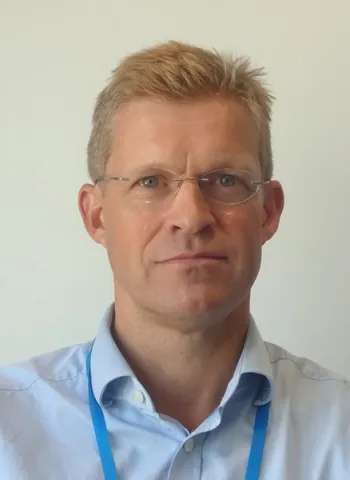About the project
This interdisciplinary PhD project will develop a rapid diagnostic platform for antimicrobial resistance (AMR) in biofilms using cutting-edge microfluidic and bioelectronic technologies, in collaboration with UK Health Security Agency (UKHSA). The work aims to directly impact the clinical management of hard-to-treat infections.
Antimicrobial resistance (AMR) in biofilms presents a critical challenge to modern medicine. These microbial communities, which form on tissues and medical devices, are highly resistant to antibiotics and drive chronic, hard-to-treat infections. This PhD project addresses this urgent problem by developing novel bioelectronic methods to rapidly assess biofilm-associated AMR and optimise therapeutic interventions.
You will use iFAST (impedance-based Fast Antimicrobial Susceptibility Testing) — a microfluidic technology pioneered at Southampton — to analyse the effects of antibiotics and bacteriophages on biofilm-forming pathogens. The work will focus on pathogens of clinical concern, including Pseudomonas aeruginosa and nontuberculous mycobacteria (NTM). The project combines microbiology, engineering, and clinical research, and includes development of a 3D human biofilm infection model.
You will benefit from a three-month placement at the UK Health Security Agency (UKHSA), receiving hands-on training in clinical diagnostics, microbiology, and health protection. You will be embedded within the National Biofilms Innovation Centre (NBIC) doctoral training environment, with opportunities for cohort-wide training, industry case studies, and interdisciplinary skills development. This is a unique opportunity to work across sectors to tackle a high-priority health challenge, and to gain skills in translational research with potential for real-world clinical impact.
This project is part of the NBIC Collaborative Training Partnership (CTP), with opportunities to engage with a national cohort of researchers focused on tackling biofilm-related challenges through innovation. Equality, Diversity, and Inclusion (EDI) is central to our recruitment and training practices.
Supervisors
In addition to being supervised by Jeremy Webb (lead supervisor), Franklin Nobrega, Hywel Morgan, and Paul Elkington from the University of Southampton, you will also be supervised by Mark Sutton from the UK Health Security Agency (UKHSA).

